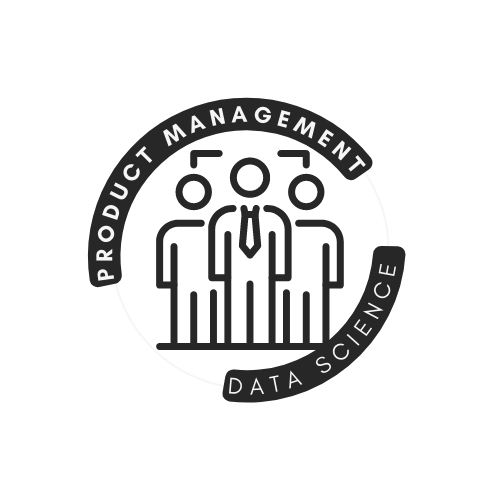ISV Relationships in Product Management are very important. In product management, an ISV (Independent Software Vendor) relationship refers to the partnership between a software vendor and a company that resells or integrates the vendor’s software into its own products or services. These relationships can be beneficial for both parties. They allow the software vendor to expand its reach and distribution, while the company can enhance its offerings with the vendor’s technology.
Key considerations for product managers to keep in mind when managing an ISV relationship
There are a few key considerations for product managers to keep in mind when managing an ISV relationship:
- Align on goals and expectations: It’s important to clearly communicate the goals and expectations for the partnership from the beginning. This includes understanding each party’s target market, desired outcomes, and any specific requirements for integration or reselling.
- Foster strong communication: Good communication is key to any successful partnership. Make sure to establish regular check-ins and communication channels to ensure that both parties are on the same page. They should be able to address any issues or challenges that may arise.
- Understand the vendor’s roadmap: As a product manager, it’s important to have a clear understanding of the vendor’s roadmap and any upcoming product updates or releases. This will help you to stay informed about the direction of the vendor’s technology and ensure that your product is aligned with their vision.
- Manage integration and implementation: If you are integrating the vendor’s software into your own product, it’s important to manage the integration and implementation process carefully. This includes testing the integration. This is to ensure it works as expected and to work with the vendor to resolve any issues that may arise.
Examples of Strong ISV Relationships in Product Management
There are several examples of strong ISV relationships in product management. Here are a few:
- Microsoft and Adobe: Microsoft and Adobe have a long-standing partnership that dates back to the 1990s. The two companies have integrated their software products to offer better solutions for their customers. For example, Microsoft Office can save files as PDFs, which is a file format created by Adobe. This integration has made it easier for users to create, edit, and share PDF files.
- Salesforce and Zoom: Salesforce and Zoom have recently announced a partnership that will allow users to easily schedule and join Zoom meetings from within Salesforce’s platform. This integration will make it easier for sales teams to connect with customers and prospects virtually, which is especially important during the pandemic.
- IBM and Red Hat: IBM acquired Red Hat in 2019 to strengthen its cloud computing capabilities. Red Hat’s open-source technology has been integrated into IBM’s cloud platform to provide customers with more flexible and scalable solutions. This partnership has helped IBM expand its cloud offerings and compete with other cloud providers like Amazon and Microsoft.
- Apple and SAP: Apple and SAP have partnered to develop enterprise-level apps for iOS devices. The two companies have integrated their technologies to create a seamless user experience for business users. For example, the SAP Cloud Platform SDK for iOS allows developers to build apps that integrate with SAP’s enterprise software.
- Oracle and NetSuite: Oracle acquired NetSuite in 2016 to expand its cloud offerings. NetSuite’s cloud-based ERP (Enterprise Resource Planning) software has been integrated into Oracle’s cloud platform to provide customers with a more comprehensive suite of cloud services. This partnership has helped Oracle compete with other cloud providers like Amazon and Microsoft.
Conclusion
In conclusion, building and maintaining a strong ISV relationship is a valuable asset for product managers. By aligning on goals, communicating effectively, and managing the integration process, both parties can establish a successful partnership. This blog aims to help readers gain a better understanding of the concept of ISV relationships in product management. For further reading, we recommend checking out this article.
Check out the table of contents for Product Management and Data Science to explore those topics.
My book on AI product management, 2 buzzwords together, offers a clear and super concise overview of the topic. Curious about how product managers can utilize Bhagwad Gita’s principles to tackle difficulties? Give this super short book a shot.

